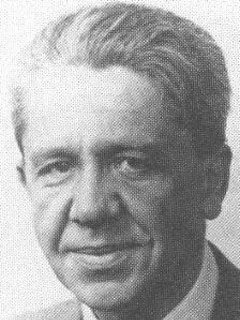
Publication details
Year: 2006
Pages: 21-32
Series: Human Studies
Full citation:
, "Phenomenology and rigid dualisms", Human Studies 29 (1), 2006, pp. 21-32.


Phenomenology and rigid dualisms
Joachim Renn's critique of Alfred Schutz
pp. 21-32
in: Human Studies 29 (1), 2006.Abstract
Joachim Renn argues that Schutz fails to integrate two fundamental strands in his work: phenomenology and pragmatism. Gaps between separated consciousnesses block synchronization and access to others, and objective symbol schemes, absorbed within the egological outlook, cannot bridge these gaps. Renn, however, construes phenomenology as practicing a solipsistic withdrawal of a self cut off from its environs, denies that contents correlative to individual intentional acts can be objective and common, and overlooks the intricacies of Schutz's descriptive methodology. Furthermore, for Renn, Schutz's distinctions between inner and outer time and ego and alter congeal into hardened dualisms. Renn expects more than Schutz's methodology can deliver, but correctly points to problems of the social world that need to be addressed by several philosophical strategies, including pragmatism and Schutzian phenomenology.
Cited authors
Publication details
Year: 2006
Pages: 21-32
Series: Human Studies
Full citation:
, "Phenomenology and rigid dualisms", Human Studies 29 (1), 2006, pp. 21-32.


